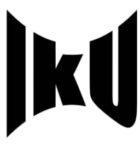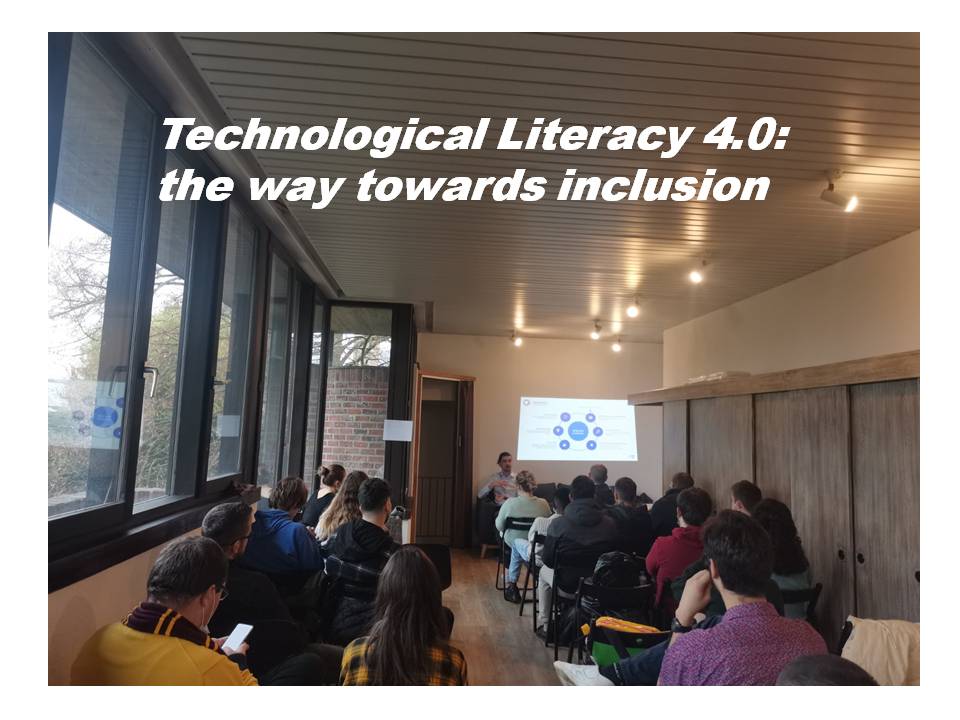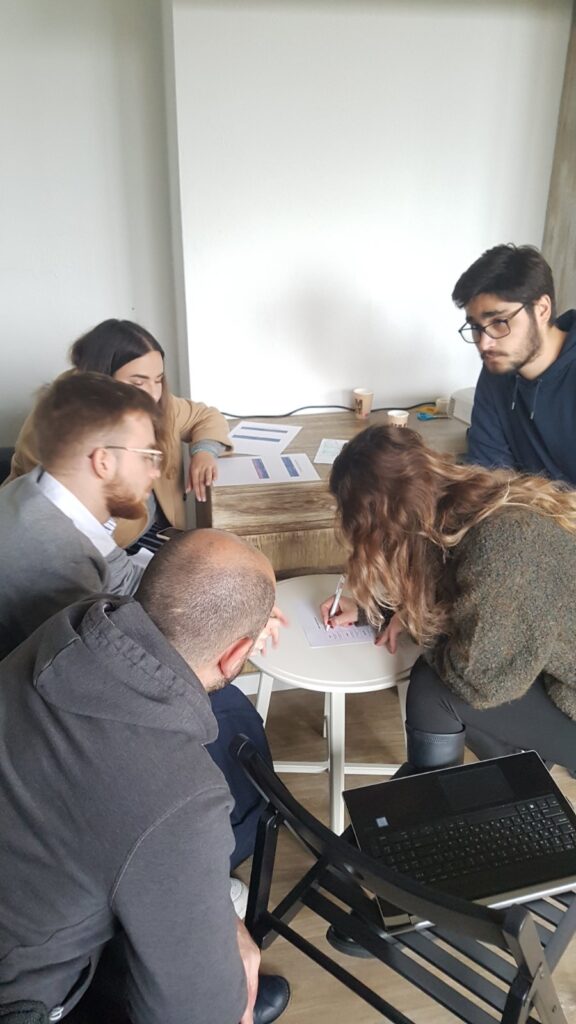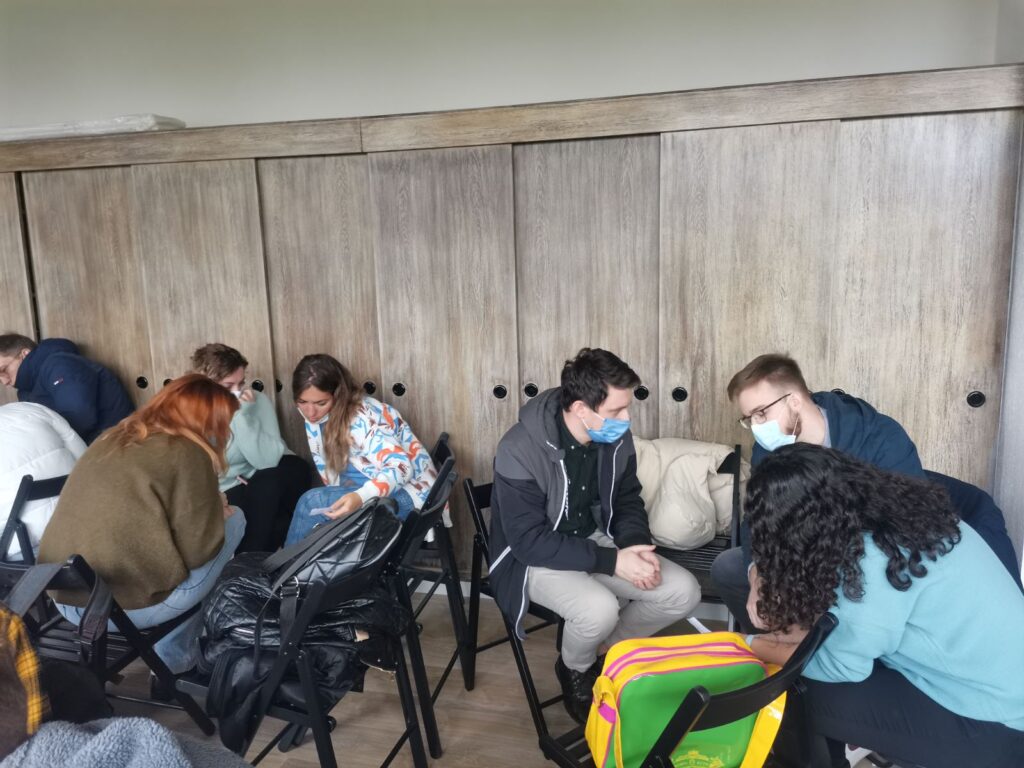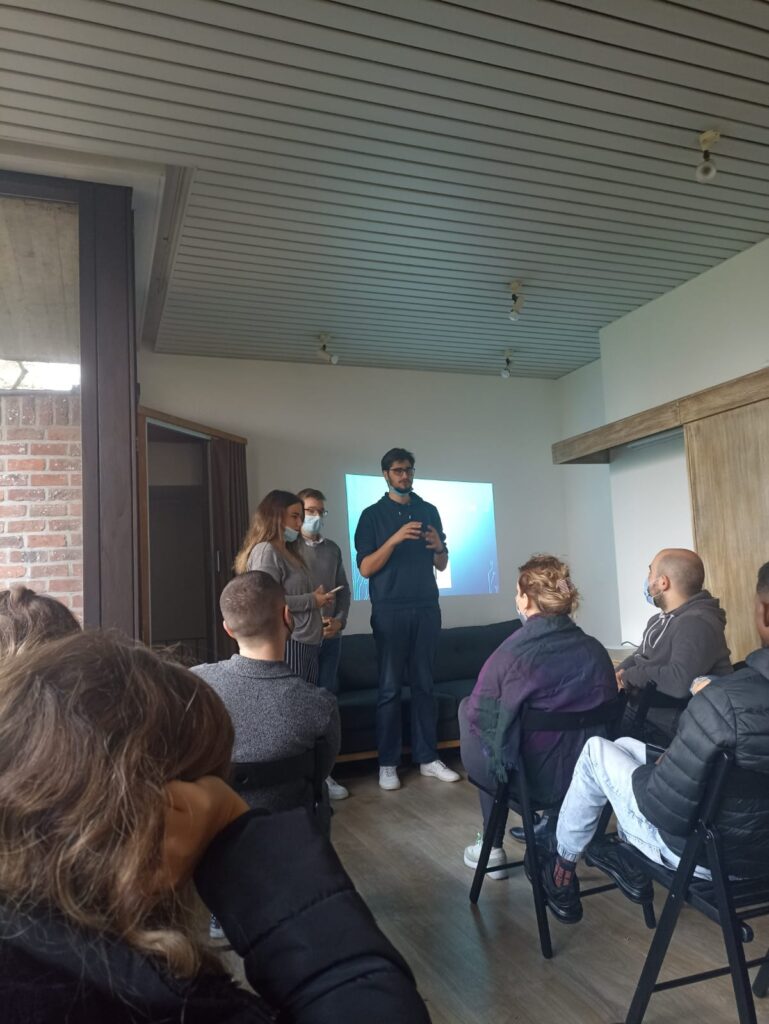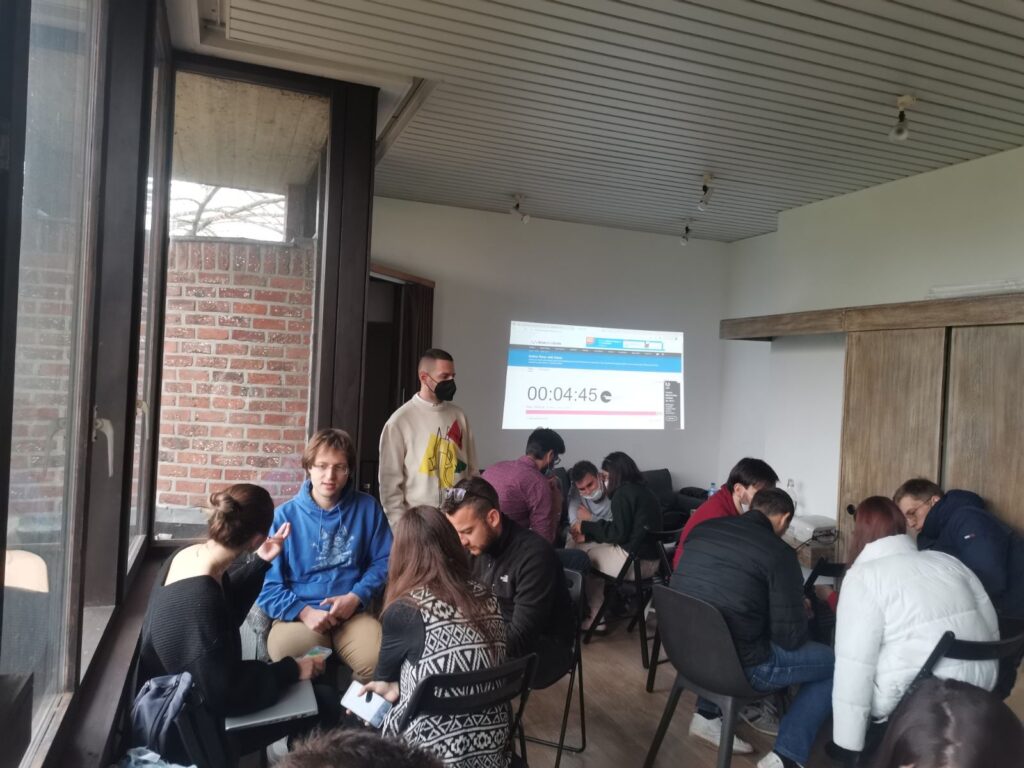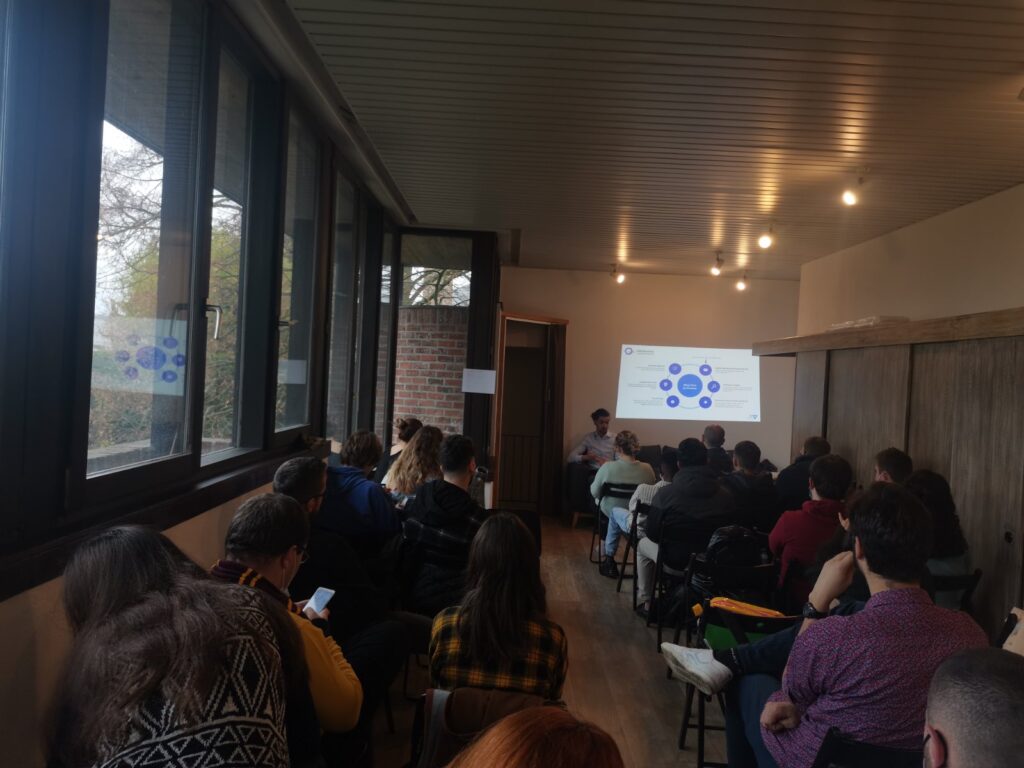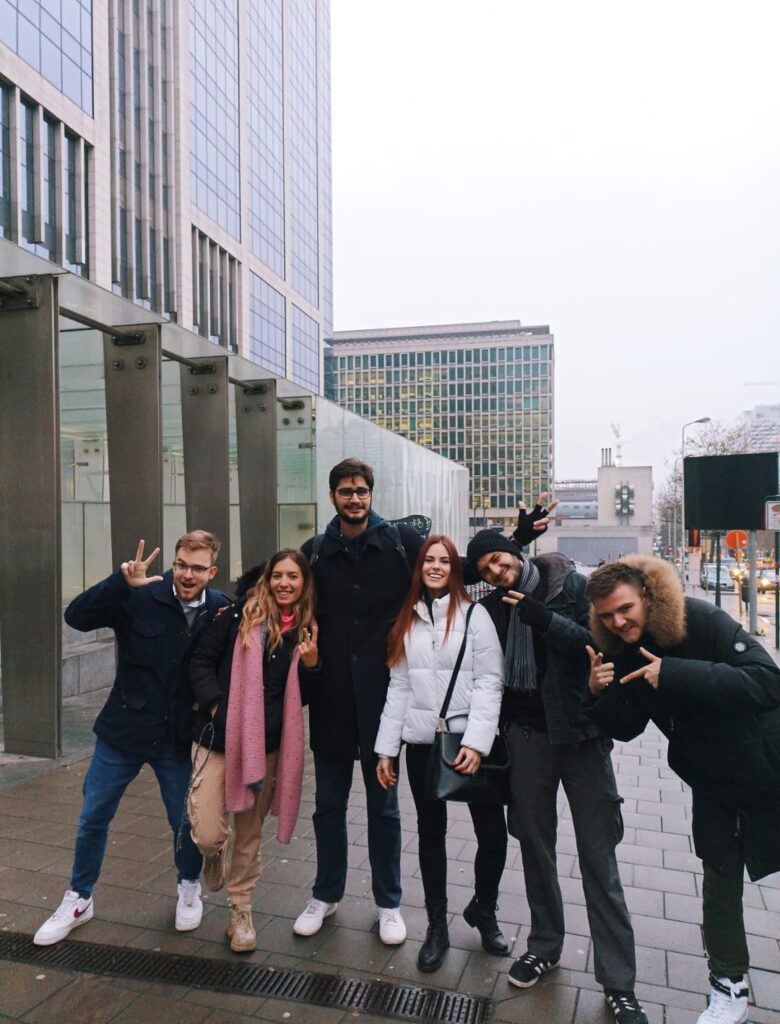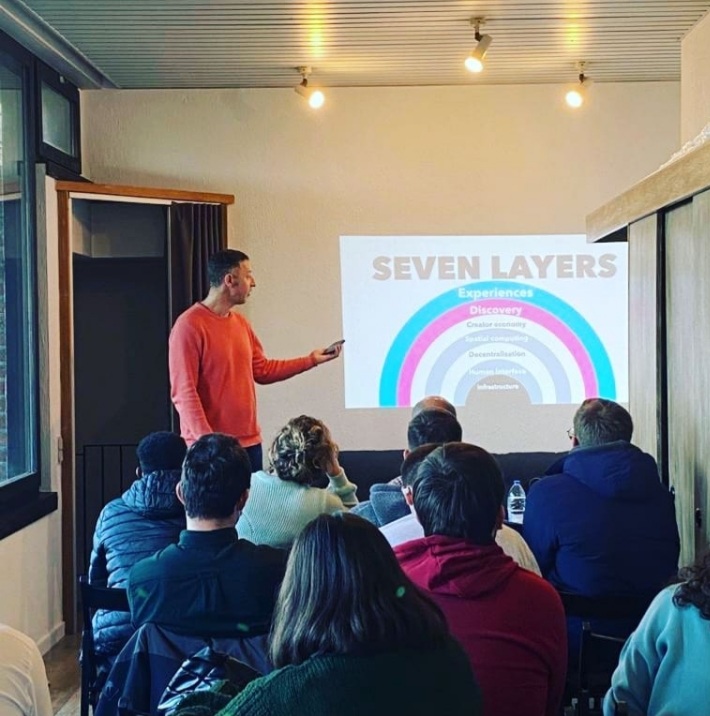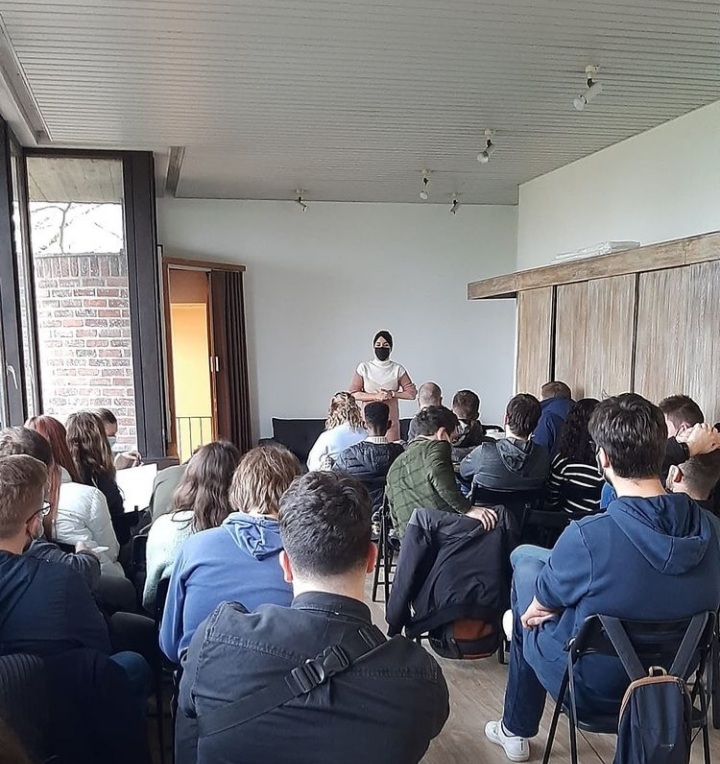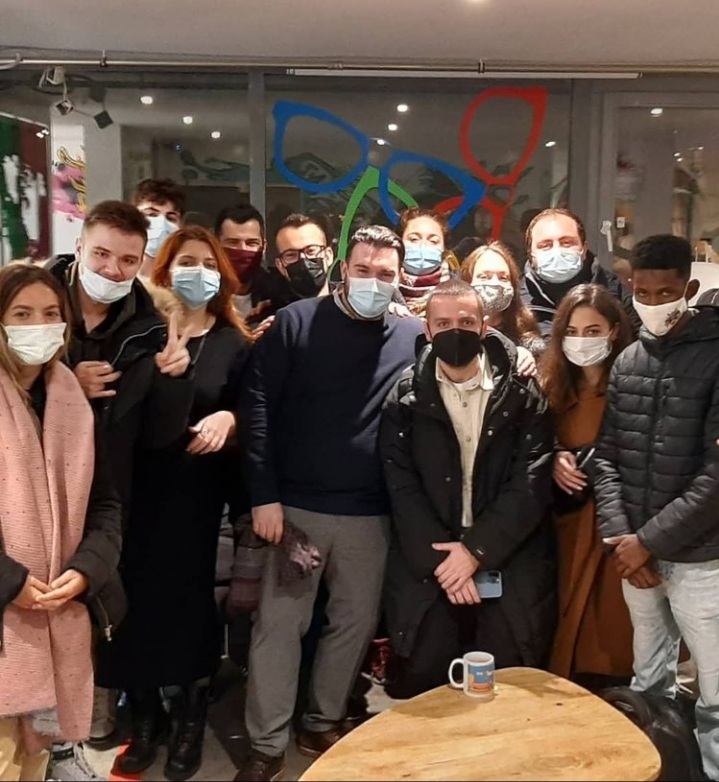Duration: November 22 - November 26, 2021 in Brussels, Belgium
Project organizer: YPA – YouthProAktiv
Project partners: IKU – (Interkulturalis), Social Innovation and Entrepreneurship Center, Entrepreneurship and social economy group, Jovot Epitok Generaciója Egyesulet, Agency for innovation and development, the Nuwa group, Human Rights Research Center, Avrupa Entegrasyon Derneği, Asociacija Aktyvus Jaunimas, CET PLATFORMA Skopje, SYTEV, Daj Mi Ruku, Youth for Development Foundation
Participating countries: Belgium, Georgia, Greece, Hungary, Armenia, Lithuania, Northern Macedonia, Serbia, Turkey, Moldova and France
Main objective:
Improve the digital and technological skills of youth workers, especially those working directly with disadvantaged young people.
Other Project Objectives:
- Creating a space for supporting further practical use and awareness of the European Digital Competence Framework through non-formal education;
- Increasing youth workers' understanding of the European Digital Competence Framework and how to develop its 21 defined digital competences;
- Setting up effective non-formal education tools and activities for teaching digital skills to disadvantaged youngsters;
- Raising youth workers' ability to understand the disadvantaged youth groups they work with;
- Boosting the digital literacy and positive participation in digital citizenship of youth workers;
- Developing cultural awareness and digital intercultural cooperation of youth workers;
- Empowering youth organizations and youth workers by developing their digital competencies and their capacity to operate transnationally.
Project description:
Project Technological Literacy 4.0: the way towards inclusion brought together 37 youth workers with the aim of providing basic knowledge about technological literacy, ie how to use information technology in youth work and how they can improve the position of young people who belong to vulnerable social groups or live in rural or underdeveloped areas.
The project name Technological Literacy 4.0 izabran je sa razlogom i odnosi se na predstojeću fourth industrial revolution. The first industrial revolution was started by the invention of the steam engine at the end of the 18th century. The second industrial revolution was conditioned by the emergence and use of electricity as the main energy source that is still used today. The advent of computers and information technology marked the third industrial revolution, and today we are on the threshold of the fourth industrial revolution. In the 21st century, the boundaries between man and machines are almost non-existent, and the main characteristics of the development of information technologies are included in the concepts of artificial intelligence, Internet of Things (IoT), 3D printing, biotechnology, etc.
Faced with new challenges in information technology, young people must first get acquainted with the bearers of the fourth industrial revolution in order to respond qualitatively to the potential problems and opportunities they bring. The main problems that the changes in the way of life of people have brought so far are the unsustainable development of civilization, the need for new energy sources and climate change.
For these reasons, the IKU team decided to participate in this project, so that we could learn from information technology experts how to deal with the changes brought about by technological advances, but also how to use them to improve the position of young people first in local communities and then and at a higher level. Technological literacy has become a basic condition for career advancement and employment.
During the five days of training, experts for blockchain, artificial intelligence, big data and data mining, 3D printing, virtual reality and programming managed to explain the basics of information technology and interest us in further research. We had the opportunity to get acquainted with new methodologies and analytical tools that improve results in the field of youth work and dissemination of information.
Also, during a study visit to the research center MolenGeek in Brussels we had the opportunity to learn first hand how innovations in the field of information technology are created and developed. MolenGeek is supported by all relevant IT companies such as Google, Facebook and Amazon.
The overall new skills and experience enriched us participants and encouraged us to use them in further work with our target groups to share what we have learned with a specific focus on technological literacy and young people from underdeveloped backgrounds. After this training, we are one step closer to answering the problems brought to us by the 21st century and the progress of technology.
